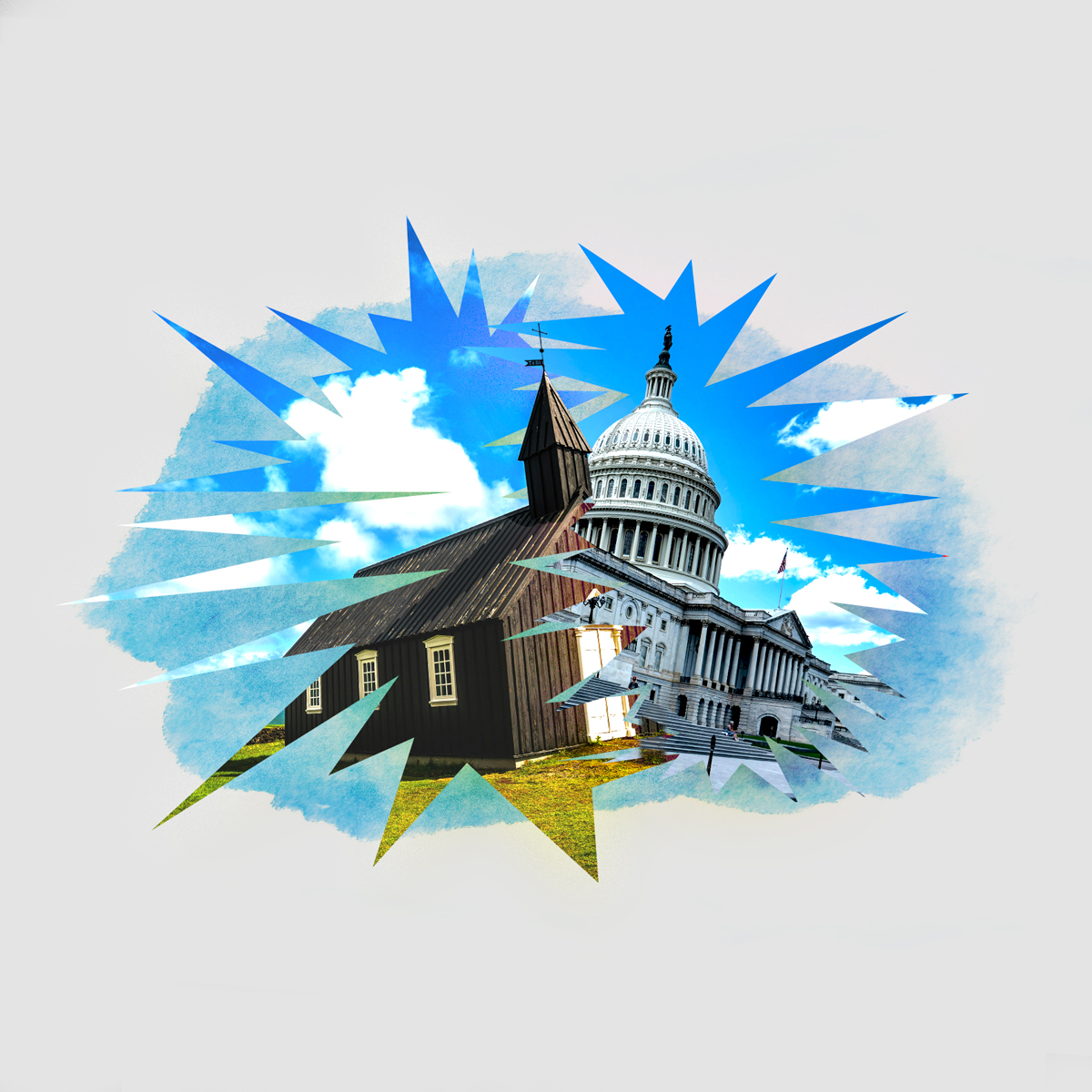Episode Summary
Charles Taylor joins Miroslav Volf and Ryan McAnnally-Linz to explain his most recent thinking about the growth of common ethical understanding in a world that often fails to live up to those shared moral principles of respect, dignity, and care.
This is Part 2 of 2—don't miss the previous conversation with Charles Taylor on "What's Going Wrong with Our Democracies?"
This episode was made possible in part by the generous support of the Tyndale House Foundation. For more information, visit tyndale.foundation.
Part 2 of 2: Philosopher Charles Taylor joins Miroslav Volf and Ryan McAnnally-Linz for a two-part conversation about what's gone wrong with our democracies and finding common moral understanding. In this episode, Charles Taylor explains his most recent thinking about the growth of common ethical understanding in a world that often fails to live up to those shared moral principles of respect, dignity, and care. The conversation also covers the promise of hope in its political and theological context; the response we need for the epistemological crisis of post-truth politics; how to restore trust in each other; the relation between individual freedom and public common good; the need to recover solidarity and sacred encounter between humans during our time; and finally the promise of democracy for living up to our moral ideals.
Introduction: Ryan McAnnally-Linz
We’re living at the end of a strange moral century. 100 years ago, the world was marked by a global pandemic, the end of a long war, fights over gender inequality and racial injustice, and the precipice of a broken economy. And people in 1921 simply had no idea what kind of violence, bloodshed, and upheaval was coming.
And yet, even over the course of a century filled with all-too-human evil, we can trace a faint golden thread of moral invention. Commitments to human dignity, universal human rights, suffrage and democracy, solidarity with the marginalized and suffering, equality—the spread of these ideas also mark the last 100 years. The disparity is stark. At another moment of conflict and uncertainty, the fate of that golden thread is unclear.
This is part 2 of our conversation with philosopher Charles Taylor. Author of Sources of the Self, The Ethics of Authenticity, A Secular Age, and much more, Taylor exemplifies determined, imaginative, generous intellectual commitment to a fundamental question: What is humanity for? This is one of the foundational questions of the Yale Center for Faith & Culture and this podcast—seeking and living a life worthy of our humanity. Following Taylor, we want to help people to better understand themselves, their world, and the significance of their lives.
Show Notes
- Introduction: Ryan McAnnally-Linz
- A strange moral century
- Hope
- How have we got as far as we've got?
- The progress of ethical understanding through history
- Disparity with human propensity for evil
- Non-violent resistance
- How non-violence shapes Miroslav Volf's approach to democracy
- Miroslav's first democratic act of protest in Czechoslovakia
- "Fear not" as a command; hope as an obligation
- The hope that permeates Charles Taylor's work
- How do you cultivate a sense of hopefulness?
- The quest for moral certainty and purity
- Listener question from Bonnie Kristian: "How to achieve ethical growth/gain moral knowledge in a time of epistemic crisis?"
- Listener question from Jennifer Herdt: "You have written in such illuminating ways about the quest for certainty and moral purity, and about how these often end up rationalizing violence in service of the eradication of error and evil. I'm wondering how you would you relate your analysis to our contemporary post-truth historical moment, in which various groups that perceive themselves as under attack seek epistemic closure, sealing themselves off from an enemy regarded as absolutely unworthy of engagement--even at the cost of massive loss of life, as we see in politically-motivated anti-masking and anti-vaccination campaigns. What sources of hope would you name for restoring basic forms of social trust and commitment to pursuit of a common life?"
- Tribalism that overtakes the sacred encounter between human beings
- How the COVID pandemic has made things harder for tribalism
- Democracy, freedom, choice, and the public good
- Listener question from David Moe: It might be good to ask him these: "what kind of democracy the religiously pluralistic world needs today? How does religion shape the moral principle of that democracy?
- What makes democracy a worthwhile pursuit for the human community?
- The polis allows agents together to determine their common life by reason.
- Pope Francis's Encyclicals: Solidarity, collaboration, and universal human dignity in Laudato Si, and Fratelli Tutti
- "A cross-confessional ecumenical discussion about what the telos of human life is about."
Production Notes
- This podcast featured philosopher Charles Taylor, theologian Miroslav Volf, and theologian Ryan McAnnally-Linz
- Edited and Produced by Evan Rosa
- Hosted by Evan Rosa
- Production Assistance by Martin Chan & Nathan Jowers
- A Production of the Yale Center for Faith & Culture at Yale Divinity School https://faith.yale.edu/about
- Support For the Life of the World podcast by giving to the Yale Center for Faith & Culture: https://faith.yale.edu/give
Transcript
show less


















